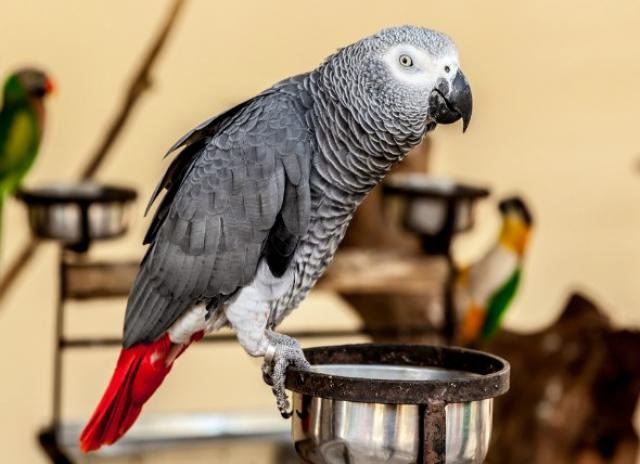As the days get longer and food options become more plentiful, wild parrots and adults experience huge hormone surges in the late winter and early spring.
Parrot hormone behavior is completely normal and natural. These hormone surges in the wild are usually short-lived for hookbills.
In captivity, however, humans can do things that cause hormonal surges in our pets’ birds. It is important to know how to stop unnatural hormone surges from causing our pets to become aggressive, dangerously aggressive, and territorial.
WHAT SEASONS SPUR ON HORMONAL COMPORTMENT?
Bird hormonal season occurs in spring, when the days are longer and more warm, and there is ample nutrient-rich foliage to feed the young. Ugly Birds
Some species enter hormonal season more often than others. We see smaller birds in the wild more often entering season. These birds are often lower up on the food chain, so they have to procreate faster to maintain their population.
Each species has a unique breeding cycle. The Australian female eclectus parrots stake out a hollow tree to raise their young. She may have seven male suitors, who will feed, breed, and assist her in raising her young.
WHAT PHASES IS THE BIRD BREEDING CYCLE?
The bird’s body is getting ready for the long period of time it will be preparing to breed. Many birds will enter a molt to replace old, tattered feathers before the breeding season.
When a bird’s days get longer, its body begins to transition into pre-breeding mode. As the bird’s caregiver, it is important to ensure your bird gets enough sleep. 
We caretakers feel guilty when our parrots are left alone while we work. While we are settling down, we cuddle with our bird on our couch at night. Your bird is exposed to longer periods of light, which can cause hormone-inducing effects. Your bird may also be thinking, “Wow! “I found my soulmate.”
PREPARING YOUR NEST
A parrot parent who is serious about their child’s welfare will not allow it to be reared on hard surfaces. So a horny bird prepares the nest with soft, insulating fibres.
Pet birds will rip up paper and chew wood to make sawdust. They will also tear up carpet fibers and any other materials that they can reach in order to create a cozy, warm nest for their young.
It is vital to eliminate nest lining access as it can cause the body to produce hormones at unprecedented levels.
BREEDING
Once everything is in order for the babies to thrive, the couple conceives and the female lays fertile egg. Depending on the species of egg, both the mom and the dad may guard the eggs and incubate them.
This phase is when female birds may experience chronic egg-laying, egg binding, calcium deficiencies, or ocular prolapse. This phase is when males become more aggressive. This stage is when hormonal changes in pets birds are not fun or games. It’s a race to save the bird’s life and keep them from being bitten. Blackbirds
READING YOUNG
The parents are responsible to find nutritious food for their brood once the eggs have hatched. Mom and dad both teach their children foundational skills that will allow them to survive in the wild.
